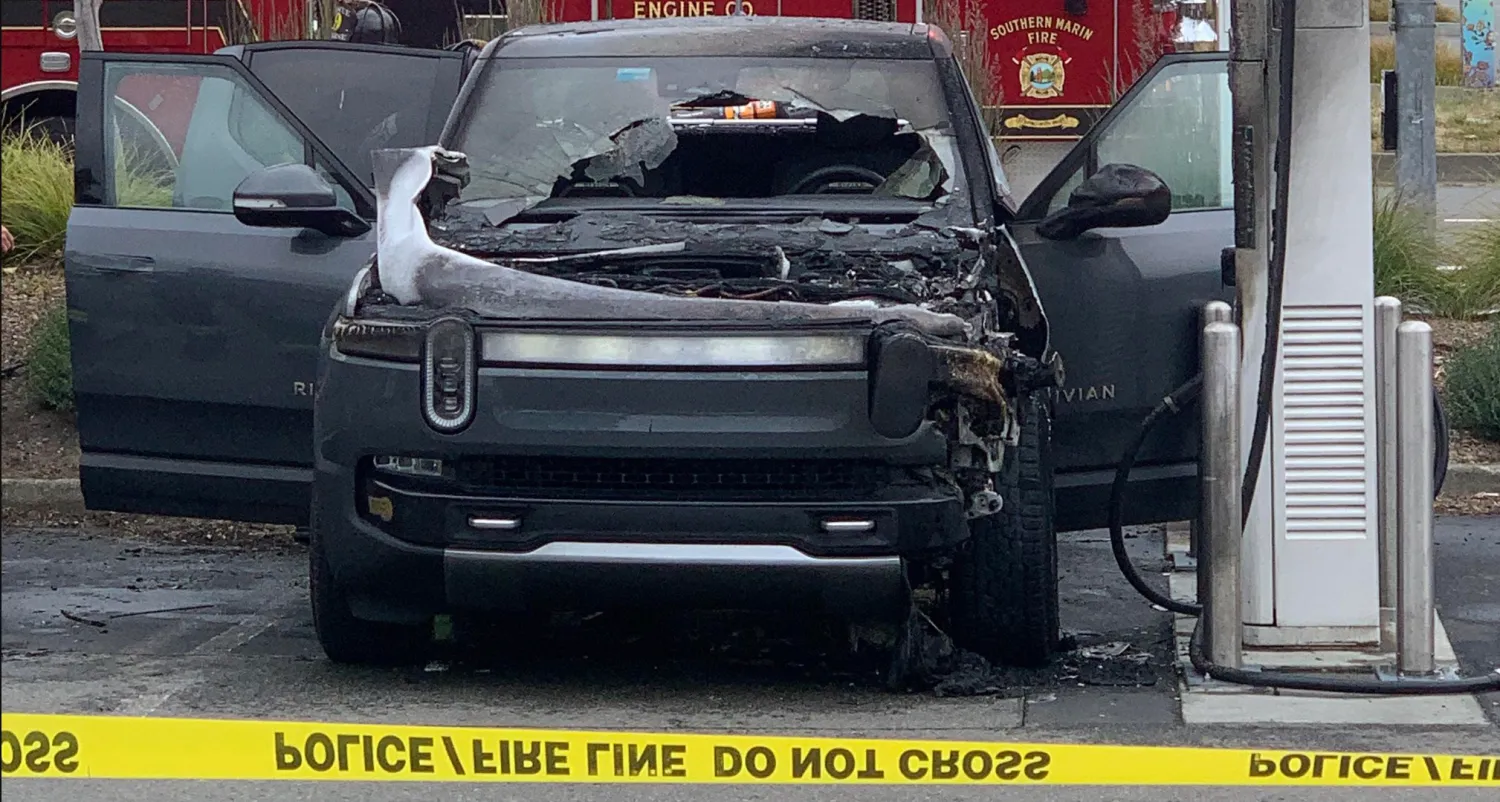Menu
Menu

Updated on Jul 12, 2023 | 5 min read

What is Electric Vehicle Insurance?
EVs are undoubtedly here to stay, with electric cars gaining global popularity. As we witness the rise of shared, autonomous, electric, and connected mobility, a new insurance offering has emerged – Electric Vehicle Insurance. This specialized insurance caters to the unique needs of electric vehicles, embracing the future of transportation.
Electric Vehicle (EV) insurance is a type of auto insurance specifically designed to meet the needs of EV owners. Traditional car insurance policies may not provide adequate coverage for electric vehicles, as they can be more costly and complicated to repair due to their advanced technology and components.
In this article, we will explore Electric Vehicle Insurance, its unique features, and its crucial role for EV owners. Additionally, we’ll touch on the rapid growth of Indian Motor Insurance at a CAGR of 11.16%.

NEW DELHI– Auto Insurance sector is currently burning cash as EVs are going into flames now and then. OEMs are trying their best to make insurers trust their vehicle and provide Insurance for that. EV insurance is based on many factors, like Kilowatt capacity, Battery technology, Cost of an EV.
There are two types of insurance currently being sold in India: –
To preserve your No Claim Bonus, avoid making claims for insignificant damages. By opting for a GPS tracker installation in your vehicle, you can lower your premium rates.

What gets covered in Insurance?
Fires, Theft, Personal Accidents, Natural Calamities, and Accidents
At this moment in time, EVs are regarded as premium vehicles, boasting advanced technology that often makes them impractical to repair at shops without qualified technicians and specialized equipment. This scarcity has thus increased the insurance of an EV in the short term.
EV early adopters recognize the long-term benefits of electric vehicles, thanks to reduced maintenance needs and improved well-to-wheel efficiency. EVs are undoubtedly here to stay. To foster further EV adoption, the EV insurance industry requires an overhaul. Such a transformation will not only boost EV sales but also cultivate trust between OEMs and insurers, driving the sustainable mobility revolution forward.
Talk to our expert about EV Charging, kindly fill in the details below.

Content Writer
© 2024 Massive Mobility Private Limited. All rights Reserved